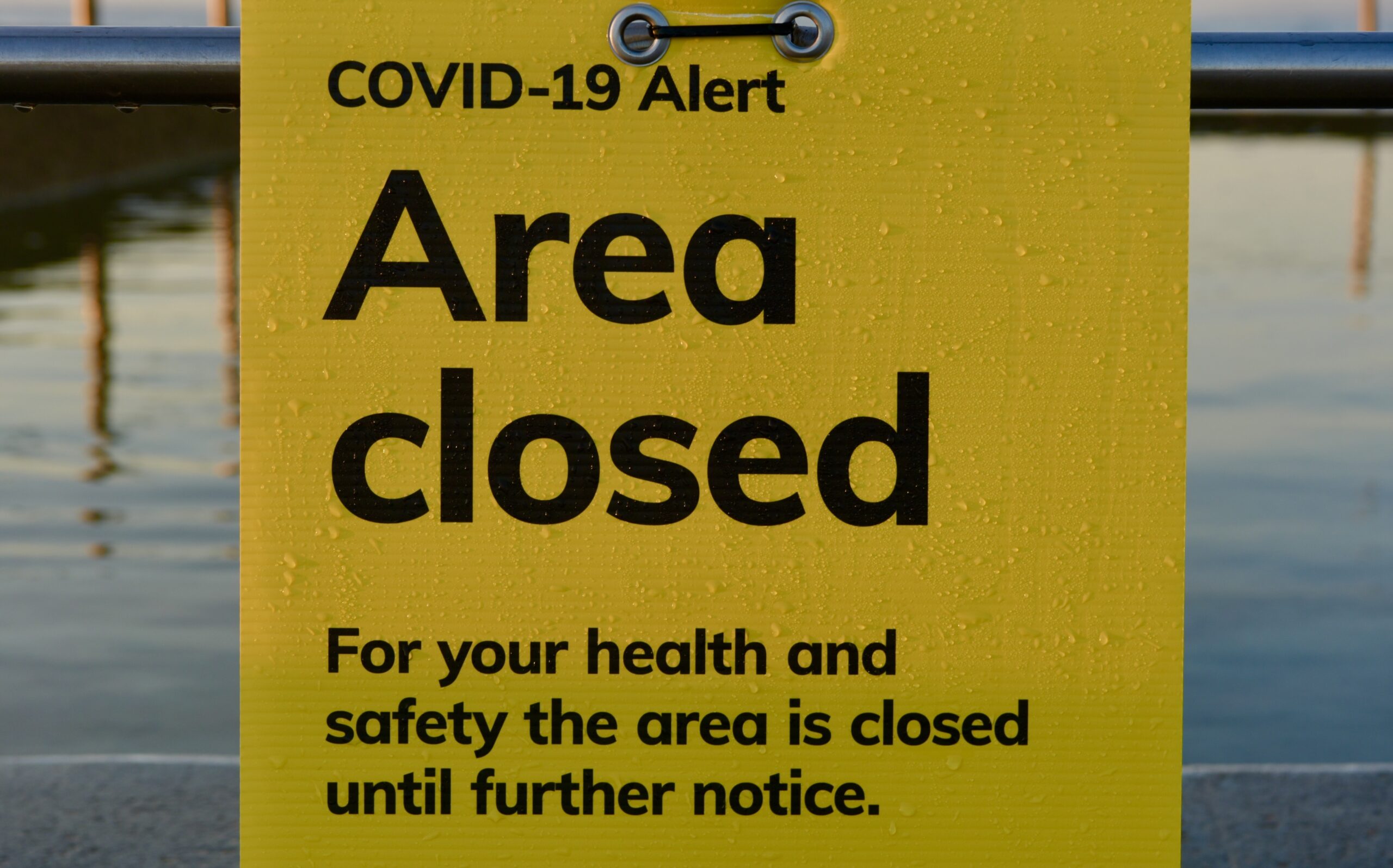
U.S. Citizenship and Immigration Services (USCIS):
As of March 18, 2020, USCIS temporarily suspended routine in-person services until May 3. USCIS continues to be operational as staff perform duties that do not involve contact with the public. Emergency services will be made available in limited situations. Individuals with scheduled appointments at USCIS field offices across the country, including Naturalization Interviews and Naturalization Oath Ceremonies, will be notified of changes to their appointments and be automatically rescheduled once normal operations resume. Appointments for Canadian and United Kingdom visa applicants cannot be automatically rescheduled. Individuals from these two countries should call USCIS at 800-375-5283. USCIS asylum offices will notify applicants of cancellations of asylum interviews and automatically reschedule interviews for those applicants. USCIS will reuse previously submitted biometrics for individuals applying to extend employment authorization (I-765, Application for Employment Authorization) for appointments scheduled after March 18. This will remain in effect until Application Support Centers (ASCs) resume normal operations. USCIS has extended the due dates for responding to Requests for Evidence and Notices of Intent to Deny received between March 1 and May 1, 2020. Responses submitted within 60 calendar days after the response deadline will be considered. The Department of Homeland Security (DHS) has extended the REAL ID Act deadline to October 1, 2021.
U.S. Department of Justice – Executive Office of Immigration Review (EOIR):
All non-detained hearings scheduled through May 1, 2020, have been postponed. Select immigration courts remain operational for filings and detained-only hearings. For a listing of immigration courts that remain operational, please visit https://www.justice.gov/eoir/eoir-operational-status-during-coronavirus-pandemic#operational_status. EOIR has created temporary email accounts for immigration courts nationwide to facilitate electronic filings while awaiting rollout of the EOIR Court & Appeals System (ECAS) which has been delayed due to COVID-19.
U.S. Department of State:
The DOS has temporarily suspended routine visa services at all U.S. Embassies and Consulates worldwide. All routine immigrant and nonimmigrant visa appointments are cancelled as of March 20, 2020. The Visa Waiver Program (ESTA) is not affected by these changes. Emergency and mission critical visa services will continue to be provided as resources allow. Services to U.S. citizens continue to be available.
U.S. Department of Labor:
The DOL’s Office of Foreign Labor Certification (OFLC) remains fully operational, including the National Processing Centers (NPC), PERM System, and Foreign Labor Application Gateway (FLAG) System. Prevailing wage determinations and labor certifications that meet all statutory and regulatory requirements will continue to be processed and issued.
U.S. Immigration and Customs and Enforcement:
ICE’s enforcement operations and deportations will continue during the crisis although it remains unclear the extent to which enforcement priorities will be implemented. On March 18, 2020, ICE announced that it would temporarily adjust its enforcement posture focusing enforcement on public safety risks and individuals subject to mandatory detention based on criminal grounds. For those not falling into these categories, ICE’s Enforcement and Removal Operations (ERO) will use its discretion to delay enforcement actions as appropriate.
Travel Restrictions:
On January 31, 2020, President Trump signed a proclamation suspending entry into the United States of foreign nationals who were physically present in the People’s Republic of China, excluding the Special Administrative Regions of Hong Kong and Macau. A second proclamation was signed on February 29, 2020 suspending entry into the U.S. of foreign nationals who were physically present in Iran, followed by a third proclamation on March 11 suspending entry into the U.S. of foreign nationals who were physically present in any of the 26 countries that make up the Schengen Area. On March 14 the president signed a fourth proclamation restricting travel to the U.S. of foreign nationals who were physically present in the United Kingdom and Ireland. All four proclamations apply to foreign nationals who traveled to the listed countries within the 14 days preceding entry or attempted entry into the U.S. Citizens of the U.S. are not subject to the proclamations and all proclamations provide exceptions for U.S. lawful permanent residents, among others.
As of March 20, 2020, the northern and southern borders of the United States have been closed for all but essential travel. The closures will remain in effect until the Health and Human Services Secretary determines the closures are no longer necessary or one year from the publication of the rule, whichever is earlier. Essential travel includes U.S. citizens and lawful permanent residents returning to the U.S., individuals traveling for medical purposes, to attend school, to work in the U.S., to engage in emergency response and for public health purposes, to engage in lawful cross-border trade, official government travel or diplomatic travel, members of the U.S. Armed Forces including their spouses and children, and military-related travel or operations. Non-essential travel includes tourism which is temporarily restricted.
For further information, please contact us.

